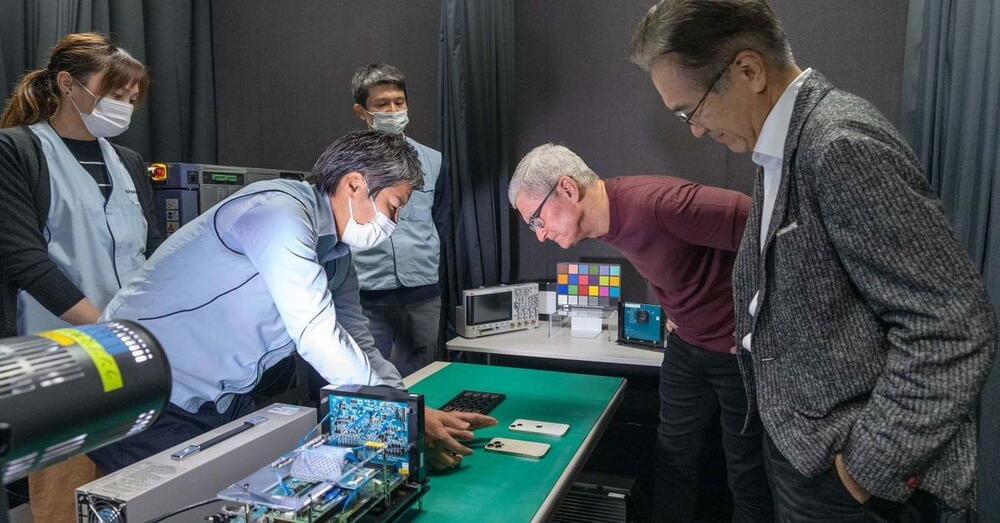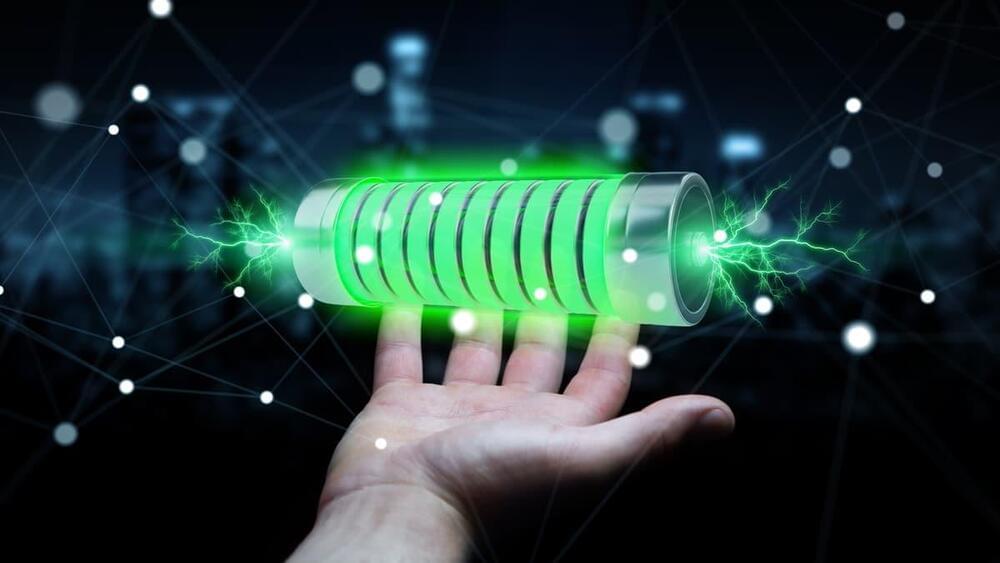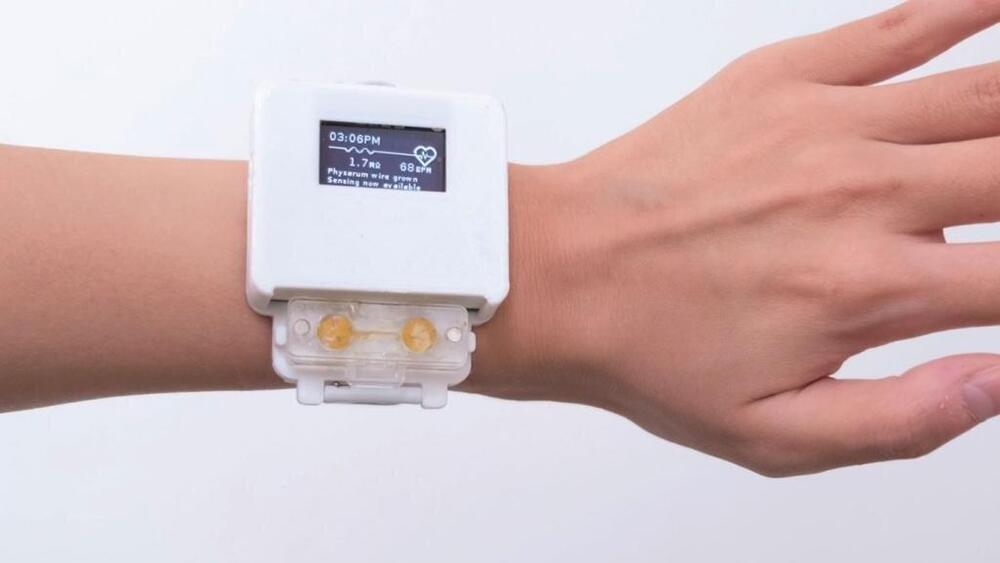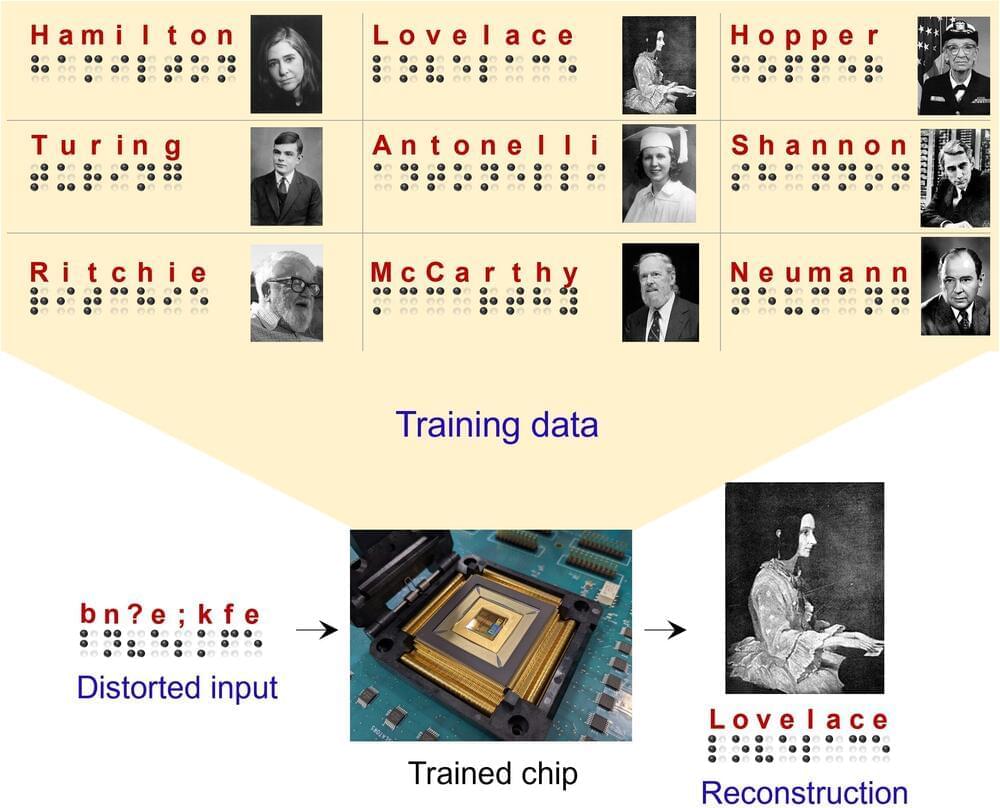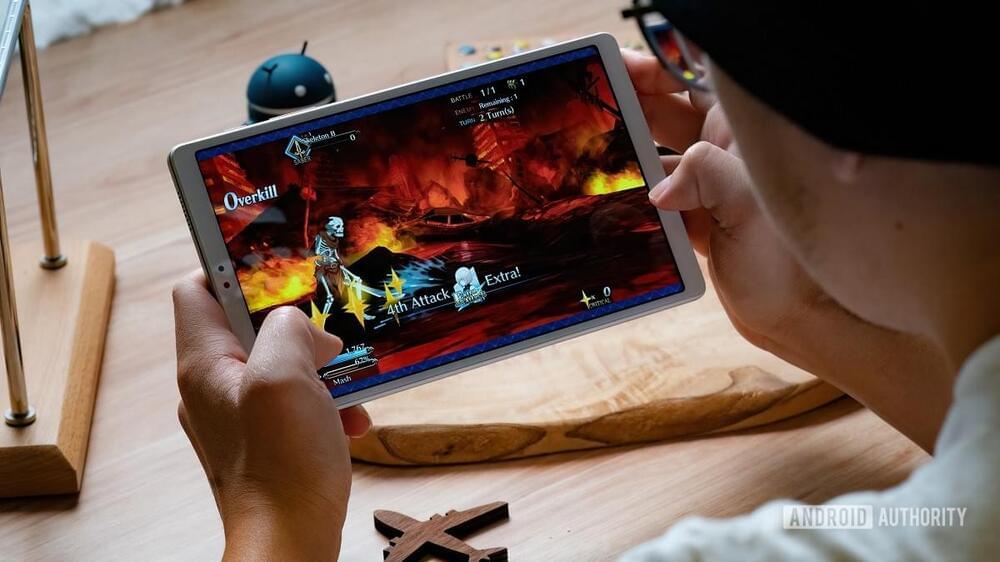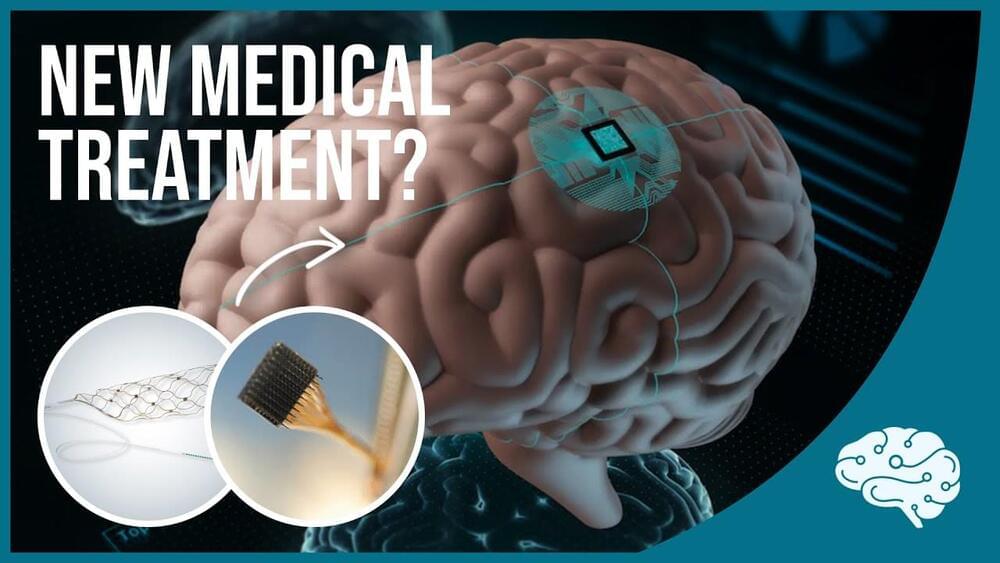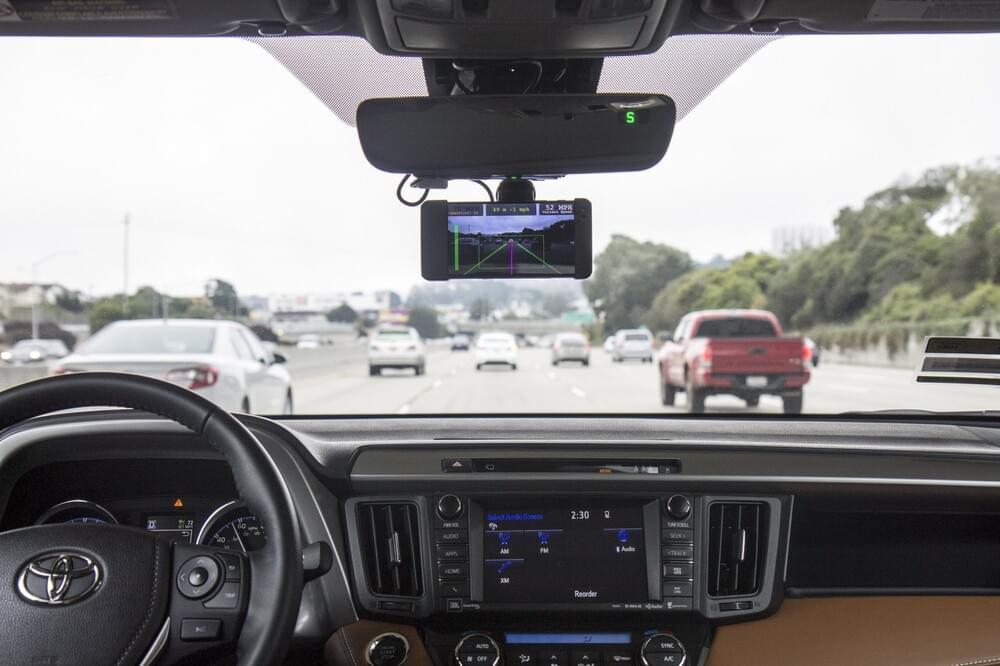Dec 16, 2022
A new water-based switch is thousands of times faster than current semiconductors
Posted by Gemechu Taye in categories: computing, mobile phones
Water becomes conductive within one trillionth of a second.
Researchers have developed a water-based switch that becomes conductive thousands of times faster than current state-of-art semiconductor-based switches. Such switches are used in computers, smartphones, and wireless communications.
Essentially, a short but powerful laser pulse converts the water into a conductive state within less than a trillionth of a second (10-12 seconds), during which time it behaves almost like a metal.
